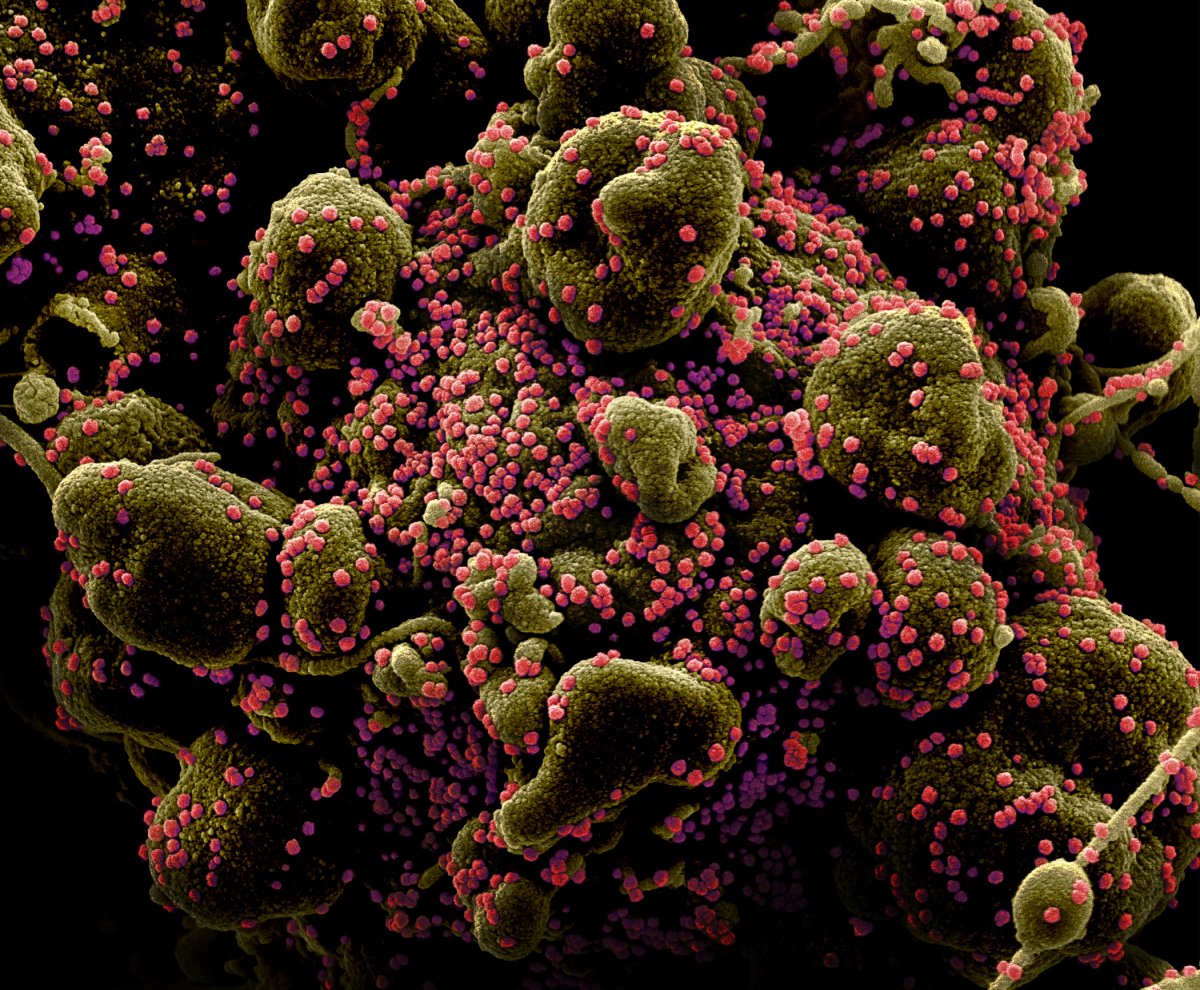A cluster of coronavirus cases reported to the region’s health unit has been linked to a boating trip involving several Chatham-Kent-area households.

Officials with Chatham-Kent Public Health reported Thursday that an investigation had found that 12 cases recently confirmed in the region were linked to the boating trip, which was outside of Chatham-Kent and was “several days in duration.”
“(Chatham-Kent Public Health) is isolating these cases and tracing their contacts, of which there is a very large number,” the health unit said.
Few other details are known about the boating trip, including where the group travelled, how many households were involved and where those infected are from.
In a statement, the region’s medical officer of health, Dr. David Colby, urged members of the community to remember that the COVID-19 pandemic is ongoing and the risk of spreading the virus is still a possibility, despite being in Stage 3 of the province’s reopening plans.
“Social circles are a maximum of 10 people for good reason; with everyone else we must physically distance,” he said.
The Chatham-Kent region has seen an upswing in cases since mid-July, with 140 new cases reported since July 15. The first half of the month saw only 10 cases, health unit figures show.

Get weekly health news
A total of 308 cases have been reported. At least 222 people have recovered and two people have died. There are at least 84 known active cases in the region.
Like Windsor-Essex to the west, Chatham-Kent has seen a number of cases linked to agricultural operations and migrant farm workers.
Health unit figures list farm workers and temporary foreign workers as being associated with 117 and 106 cases, respectively.
Men in their 30s and 40s make up half of Chatham-Kent’s total case count.
There was one workplace outbreak listed as active as of Thursday. A total of 115 of the region’s cases are linked to workplace outbreaks, which have been the region’s largest exposure source.
Chatham-Kent is also experiencing higher case numbers among its Low German-speaking population — an increase that has also been seen in Huron and Perth.
Despite the rise in cases, Colby is not planning on implementing a mandatory mask order, telling the London Free Press this week he had seen no solid evidence supporting homemade cloth face masks, adding that he feared issuing such an order would give people a false sense of security.
Colby, the newspaper reported, likened mask orders used by other jurisdictions to chicken soup.
“Try some, maybe it won’t hurt. Is that really the basis for public policy, that it might help, why don’t we give it a try?” he said.
Face coverings are mandatory on transit in Chatham-Kent.
The only other region nearby that doesn’t have a mask mandate in place is Lambton County.
Health officials there have said they have no plans to issue a mask mandate, despite the county being home to several popular beach towns. Instead, Lambton’s 11 municipalities were left to sort the mask matter out themselves.
Mandatory masking has found widespread support from a majority of the public, with as many as eight in 10 Canadians in favour, according to a survey last month.











Comments